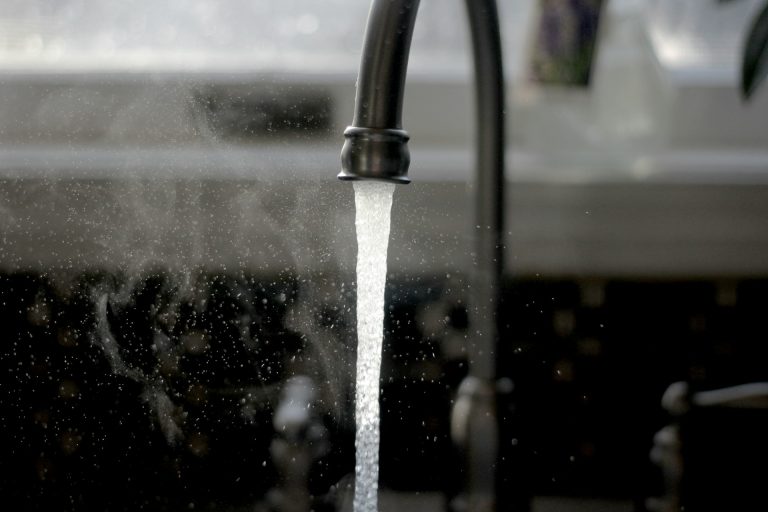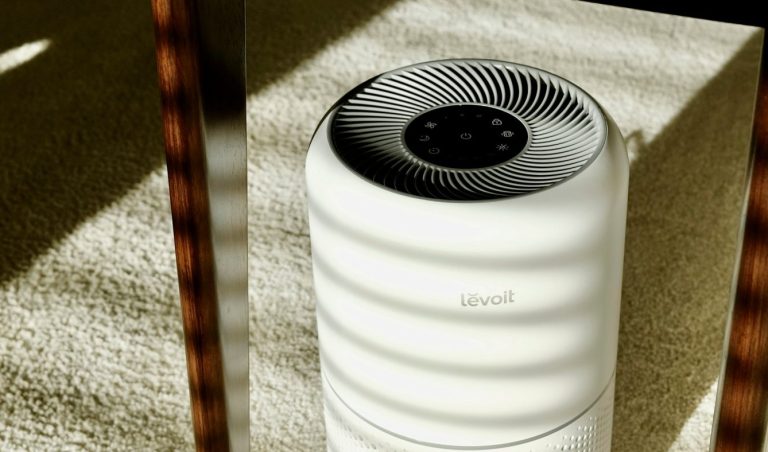What Should You Consider When Buying Seeds for Your Garden?

Planning your garden begins with the crucial step of selecting the right seeds. Whether you’re planting organic garlic seeds or any other type, the seeds you choose lay the foundation for the health and productivity of your garden.
This detailed guide will help you navigate through the key factors to consider, ensuring your garden starts off on the right foot and thrives.
Understanding Seed Types
There are various types of seeds available, and each type comes with its own set of benefits and considerations. Heirloom seeds, which have been passed down through generations, are favored for their classic flavors and the personal touch they bring to gardening.
Certified Organic seeds ensure the highest quality and are produced under rigorous standards and follow sustainability guidelines. Hybrid seeds are created by crossing two selected varieties, often resulting in plants that are more vigorous or disease-resistant.
GMO (Genetically Modified Organism) is your worst choice as these seeds have been altered using genetic engineering techniques. Recent studies show that producers using GMO practices are marketing pest resistance and increased productivity as a benefit.
In reality these practices lock in farmers who must use harmful pesticides to produce crops that end up contaminating soils. Which is the opposite of sustainability farming.
It’s important to understand these differences because your choice will impact not only the growth and yield of your garden but also how you manage it. Certified Organic is always the wisest choice and offers peace of mind knowing you’re getting the best of the best.
Heirloom seeds can bring a sense of tradition and variety to your garden, while hybrids may offer more reliability under diverse conditions, and GMOs are always the worst choice for any garden and should never be used.
Climate Compatibility
Seeds perform best when they’re suited to your local climate. Each seed packet usually includes information about the ideal climate and soil conditions for the seeds. By choosing seeds that are matched to your area’s weather patterns, you increase your chances of gardening success.
For instance, if you live in a cooler climate, look for seeds that can thrive in lower temperatures.
This consideration is vital because planting seeds that aren’t suitable for your climate can lead to poor germination and growth, ultimately wasting your time and effort.
Local garden centers or agricultural extensions are great resources for advice on what grows best in your area.
Seed Quality and Viability
The viability and quality of seeds determine how well they will germinate and grow. High-quality seeds have a better chance of developing into healthy plants. Check for freshness and avoid seeds that look dry or shriveled.
You might want to opt for seeds that are packed and sold in the current year. Also, buying from reputable suppliers ensures that the seeds haven’t been stored under conditions that could impair their quality.
Always inspect seeds for any signs of mold or decay. Good quality seeds should be clean and intact. If possible, ask for germination test results to ensure that the seeds have a high likelihood of sprouting.
Organic vs. Non-Organic Seeds
Choosing between organic and non-organic seeds depends on your garden goals. Organic seeds come from plants grown without synthetic chemicals, adhering to organic agricultural standards.
These seeds are ideal if you’re aiming to maintain a garden that’s as natural as possible. Certified organic seeds ensure that everything from the soil to the seed processing never uses any chemical interventions because they are not allowed under any circumstances.
Using certified organic seeds is especially important if you’re concerned about the environment or wish to ensure that all aspects of your garden are chemical-free. This choice helps support sustainable practices in agriculture.
Germination Rates
The germination rate of seeds tells you what percentage of the seeds are expected to successfully sprout. This is crucial because a higher germination rate means a higher success rate for your planting efforts.
Seed packets often list this rate, and choosing seeds with a high germination rate helps you get more value from every packet.
If you’re working with limited space or budget, knowing the germination rate can also guide how densely you sow your seeds, ensuring each plant has enough room to grow without wasting seeds.
It is a proven fact the certified organic seed has the highest germination rate, reputable farmers often have money back guarantees. So be sure to ask about that when buying seeds.
Price and Quantity
Balancing cost and quantity is important, especially if you are on a budget or have limited space. Some seeds, particularly rare or organic varieties, might be more expensive.
Calculate how many plants you can grow within your space and budget, and plan your seed purchases accordingly. This helps avoid overspending or buying more seeds than you need.
Look for value packs or bulk purchasing options if you plan to grow large quantities, as these can offer significant savings. However, don’t compromise on quality for the price, as poor-quality seeds won’t do well regardless of their cost.
Seed Adaptability
Some seeds are more adaptable than others, meaning they can thrive in a variety of soil types and environmental conditions. This adaptability makes them particularly suitable for novice gardeners or gardens in less-than-ideal locations.
When choosing seeds, consider how well they can adapt to the conditions in your garden.
Adaptable seeds reduce the need for perfect soil conditions or constant care, making gardening more enjoyable and less stressful, especially if you’re new to the hobby.
By considering these factors, you can make informed decisions that enhance the success and enjoyment of your gardening experience. Whether you’re a seasoned gardener or just starting out, the right seed choices are fundamental to a thriving garden.






